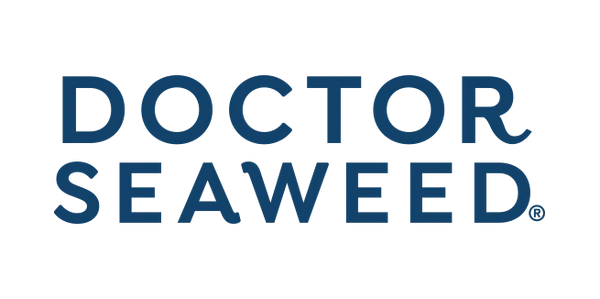Cutting down on animal products? Make sure you don’t cut out essential nutrients!
Vegan diets have seen a huge popularity surge in recent years, with more than 500,000 people taking part in 2021’s Veganuary campaign. However, a new report from the British Nutrition Foundation (BNF) highlights that the plant-based nature of vegan diets could reduce the intake of essential nutrients like iron, zinc, vitamin B12 and iodine. So how can you make sure that you’re getting them elsewhere?
The positives of plant-based
Growing concerns over both the health of ourselves and the planet has caused a significant shift towards plant-based eating, resulting in a 49% growth in vegan diets across Europe[ii].
One of the main reasons that people are choosing a vegan lifestyle is because of the environmental impact of consuming animal products, with animal agriculture responsible for an estimated 18% of all greenhouse gases[iii]. Not only does the demand for meat and animal products contribute to global warming, but it requires huge amounts of land, water and results in a lot of waste – adding to deforestation and widespread pollution.
However, lots of people choose a vegan diet in attempt to improve their individual health. Plant-based diets tend to be higher in fibre and lower in cholesterol than diets that include animal products[iv], which can be favourable for health. For example, some studies have shown that those following a more plant-based diet have a significantly reduced risk of heart disease[v], while other research has linked vegan diets to lower blood pressure, cholesterol and reduced risk of type 2 diabetes[vi].
Risk of nutrient gapsSo far, it appears that there’s very little negatives to choosing a vegan lifestyle! However, as it requires cutting out a number of different foods and nutrient sources, it’s important to carefully consider what you might be missing out on.
Research carried out by the German Federal Institute for Risk Assessment (BfR) explored the differences in nutrient intake between those consuming a vegan diet, compared to a mixed diet[vii]. The study concluded that while the needs for many vitamins and minerals were met within a vegan diet, others were rarely consumed in sufficient amounts. Among the most important of these key nutrients was iodine.
In fact, the researchers concluded that both vegan and mixed diets were insufficient in iodine, although this was clearly more distinct in the vegan diet.
These findings are somewhat unsurprising, as iodine deficiency is a major public health concern across many countries globally. This includes the UK, which actually ranks seventh among the ten most iodine deficient nations in the world[viii]. But why is this?
Seaweed is the only good vegan source of iodineThe main food sources of iodine are dairy products (particularly milk) and fish. However, not many people consume enough of these food groups to meet the recommended iodine requirements – especially with the increased uptake of vegan and flexitarian diets.
Iodine is essential for health as it plays a significant role in metabolism, thyroid health, skin maintenance and even the normal development of children.
So… if you’re taking part in Veganuary this year, how can you make sure that you’re getting enough iodine? Well, seaweed provides the naturally highest amounts of iodine, boasting more of the nutrient, gram for gram, than any other food group! It is the ONLY good vegan source of iodine.

Doctor Seaweed’s Weed & Wonderful™ capsules are by far the most convenient and effective way of including seaweed into your daily food intake. Just one of Doctor Seaweed’s supplements contains as much iodine as three whole mackerel[ix], making it easy for you to achieve your recommended daily intake, without consuming animal products or artificial sources.


